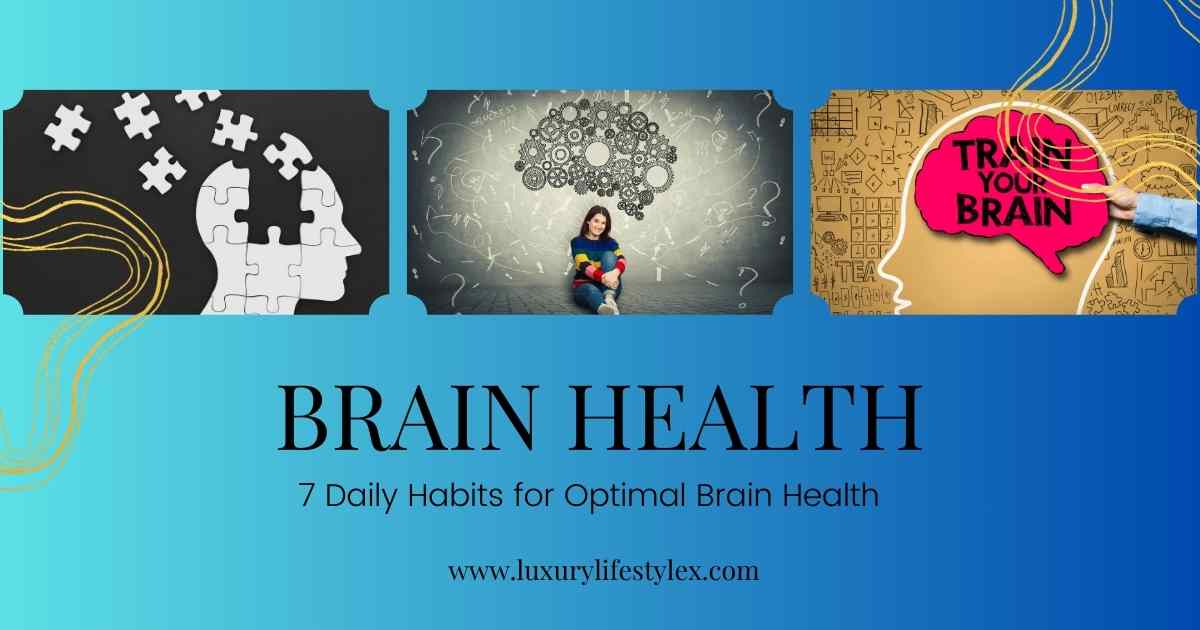Introduction
In the hustle and bustle of modern life, maintaining a healthy lifestyle has become more important than ever. Fitness and exercise play a crucial role in achieving optimal physical and mental well-being. In this article, we’ll explore the myriad health benefits of staying active, provide practical tips on how to kickstart your fitness journey and offer advice on how to continuously improve your exercise routine.
Health Benefits of Fitness and Exercise
Physical Health
Regular physical activity brings a multitude of benefits to your body. It enhances cardiovascular health by improving circulation and reducing the risk of heart disease. Exercise helps in maintaining a healthy weight, which can prevent obesity-related issues such as diabetes and joint problems.
Mental Well-being
Exercise isn’t just for the body; it also nurtures the mind. Engaging in physical activities releases endorphins, often referred to as “feel-good” hormones, which alleviate stress and anxiety. Regular exercise can enhance cognitive function, boost self-esteem, and contribute to better sleep patterns.
Disease Prevention
Participating in regular workouts reduces the risk of chronic diseases like hypertension, stroke, and certain types of cancer. Exercise strengthens the immune system, making the body more resilient against illnesses.
How to Get Started with Fitness
Set Realistic Goals
Begin by setting achievable goals that align with your fitness aspirations. Whether it’s weight loss, muscle gain, or improved flexibility, defining your objectives will keep you motivated.
Choose Activities You Enjoy
To make fitness a sustainable habit, opt for activities you genuinely enjoy. It could be anything from swimming to dancing or cycling. Enjoying the process makes it more likely that you’ll stick with it.
Start Slowly
Especially if you’re new to exercise, avoid pushing yourself too hard initially. Gradually increase the intensity and duration of your workouts to prevent burnout or injuries.
Improving Your Exercise Routine
Incorporate Variety
Varying your workouts not only prevents boredom but also challenges different muscle groups. This can lead to better overall fitness and reduce the risk of plateaus.
Focus on Nutrition
A balanced diet complements your exercise routine. Consume a mix of macronutrients and stay hydrated to fuel your body for optimal performance.
Listen to Your Body
Pay attention to signals your body sends. Rest when needed and don’t hesitate to modify exercises if they cause discomfort.
Conclusion
Embarking on a fitness journey is a commitment to your well-being. The benefits extend beyond physical appearance, positively impacting mental health and disease prevention. Remember that progress takes time, and each step counts toward a healthier you.
FAQs
Q1: How often should I exercise to see results?
A1: Consistency matters more than frequency. Aim for at least 150 minutes of moderate exercise per week.
Q2: Can I exercise if I have a medical condition?
A2: Consult a healthcare professional before starting any new exercise regimen, especially if you have underlying health issues.
Q3: What’s the best time of day to work out?
A3: The best time is when you can stick to a routine. Some people prefer mornings for a fresh start, while others find evenings more convenient.
Q4: How do I stay motivated in the long run?
A4: Set short-term goals, track your progress, and find a workout buddy or community to stay motivated and accountable.
Q5: Can I exercise without a gym membership?
A5: Absolutely! Many effective workouts can be done at home using bodyweight exercises, resistance bands, or simple equipment.











